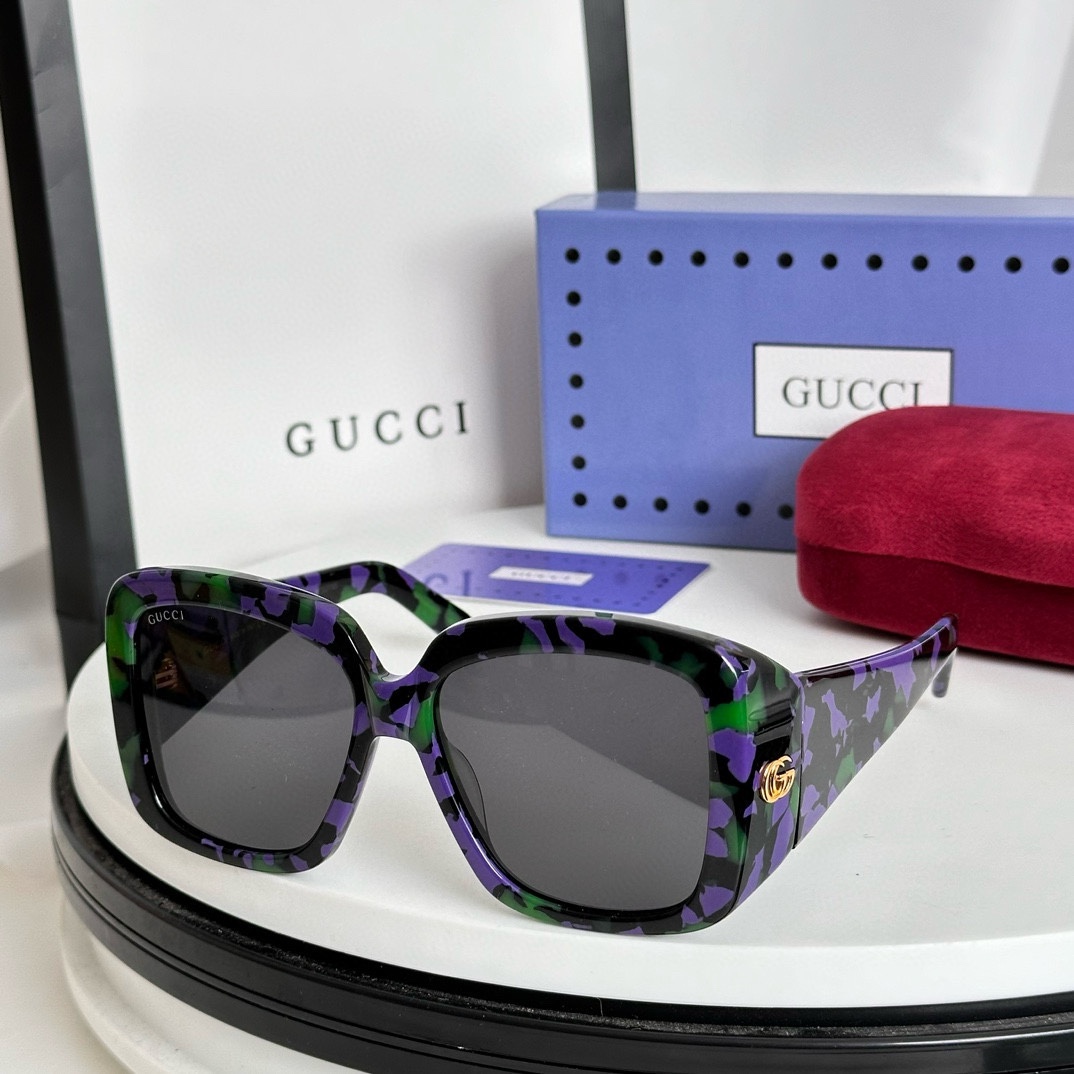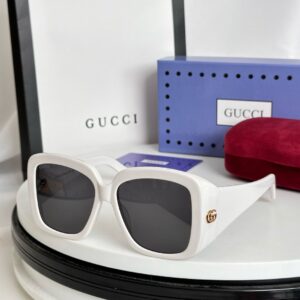Understanding Customs Regulations for Replica Sunglasses
The importation of replica sunglasses is governed by a complex web of customs regulations that vary significantly from one country to another. These regulations are designed to protect intellectual property rights and ensure that the products entering a country meet legal standards. Replica sunglasses are defined as imitations of brand-name sunglasses that mimic the design or trademark without being the original product. As customs officials are tasked with the enforcement of these laws, they are trained to distinguish between authentic items and those deemed counterfeit.
In many jurisdictions, importing replica sunglasses may lead to the products being classified as counterfeit, which could result in severe penalties. Customs officials often use a range of criteria to make such determinations. These criteria may include the brand name, packaging, and the quality of the product. If a shipment is deemed to contain counterfeit items, it may be confiscated, and the importer could face significant fines. Legal action may also follow, particularly if the quantity of the sunglasses suggests a commercial intent.
Different countries have specific thresholds and regulations concerning the importation of replica goods. For example, some nations allow for de minimis imports, where minor quantities of replica sunglasses for personal use may pass through customs without significant scrutiny. However, other countries impose stringent restrictions regardless of the quantity, leading to outright confiscation of imported items.
To effectively navigate customs regulations regarding replica sunglasses, it is essential for importers to conduct thorough research based on the destination country’s laws. Understanding these guidelines will provide clarity on what documentation and information are required, ultimately facilitating a smoother customs clearance process and reducing the likelihood of legal implications.
The Impact of International Trade Laws on Replica Items
International trade laws play a crucial role in governing the import and export of replica sunglasses, influencing the dynamics of a market that often challenges established intellectual property rights. One of the pivotal agreements in this context is the TRIPS (Trade-Related Aspects of Intellectual Property Rights) agreement, which establishes minimum standards for various forms of intellectual property protection among World Trade Organization (WTO) member countries. TRIPS seeks to strike a balance between encouraging innovation and protecting consumers, while simultaneously addressing the rampant trade of counterfeit goods, including knockoff items.
The enforcement of these laws varies significantly across different jurisdictions. In some countries, strict regulations are in place that can lead to substantial penalties for the manufacturing, distribution, or possession of replica sunglasses, particularly when they are produced with the intent to deceive consumers regarding their authenticity. Conversely, certain nations may adopt a more lenient stance towards the sale of replica items, allowing a gray market to thrive. This disparity in enforcement can complicate international trade, as businesses operating in multiple countries must navigate a labyrinth of legal requirements and consumer rights.
Additionally, international trade laws also reflect a growing awareness of consumer rights and the ethical implications of purchasing replica products. Laws might be designed not only to protect original brands but also to inform consumers about the risks associated with using counterfeit goods. For instance, replicating sunglasses may not meet the safety standards required for genuine products, posing risk to consumers. Thus, understanding these legal frameworks is essential for both businesses and consumers engaged in the trade or purchase of replica sunglasses. By comprehending the intricacies of international trade laws, stakeholders can make informed decisions, minimizing the risk of legal repercussions.
Consumer Rights When Purchasing Knockoff Sunglasses
When engaging in the purchase of replica sunglasses, consumers must be aware of their rights under international trade laws and consumer protection regulations. It is essential to fully understand product descriptions and authenticity claims, as these elements play a critical role in ensuring that buyers are well-informed about the items they are purchasing. Buyers often seek replicas with the hope of achieving a specific style at a lower cost, yet they must remain vigilant of the potential for misleading claims regarding the quality and authenticity of such products.
One significant aspect of consumer rights involves the right to return or exchange products that fail to meet expectations or are not as described. This is particularly pertinent for replica sunglasses, where discrepancies in quality, materials, or brand representation can lead to dissatisfaction. Consumers should ensure that the sellers provide clear return policies and adhere to the disclosure of information concerning the product. If the sunglasses are claimed to be of high quality but arrive damaged or entirely different from what was presented online, consumers possess the ability to request refunds or exchanges in accordance with applicable laws.
Sellers bear the responsibility to provide accurate information and avoid misleading representations. If a consumer feels that they have been deceived regarding the authenticity or quality of the replica sunglasses, they have the right to seek recourse. This can often involve contacting customer service for resolution, but in more serious cases, lodging complaints with consumer protection agencies or engaging in legal action may be necessary. By understanding these rights, consumers can navigate the complexities of purchasing knockoff sunglasses with greater confidence and awareness.
Best Practices for Navigating Customs When Importing Replica Sunglasses
Importing replica sunglasses can present various challenges, particularly with customs regulations. To ensure a smooth experience, it is vital to adhere to certain best practices. The first step is to provide accurate declarations when submitting your import documentation. This involves detailing the nature of the items being imported, including brand names and product descriptions. Misrepresentation can lead to delays, penalties, or even confiscation of the items, so transparency is crucial.
Understanding applicable duties and taxes is another essential aspect of importing replica sunglasses. Depending on the country of origin and destination, different tariffs may apply. It is advisable to research these financial obligations in advance to avoid unexpected costs. Some customs authorities may exempt small shipments from certain duties, but it is essential to confirm this information to ensure compliance with regulations.
Moreover, be prepared for potential customs inspections. Importing replica products can raise flags with customs officials, leading to increased scrutiny. Individuals should be aware of their rights during the inspection process and understand that they may be required to provide additional information regarding the products. Keeping all relevant documents, including invoices, shipping papers, and any correspondence with sellers, can facilitate a smoother inspection process.
When selecting sellers, prioritize reputable vendors known for their compliance with international trade laws. Review customer feedback, check for verified business credentials, and ensure that they offer satisfactory return policies. Resources such as customs websites, consumer rights organizations, and online forums can provide invaluable information to aid informed decisions in the replica market. By following these best practices, individuals can navigate customs regulations effectively while minimizing the risks associated with importing replica sunglasses.


